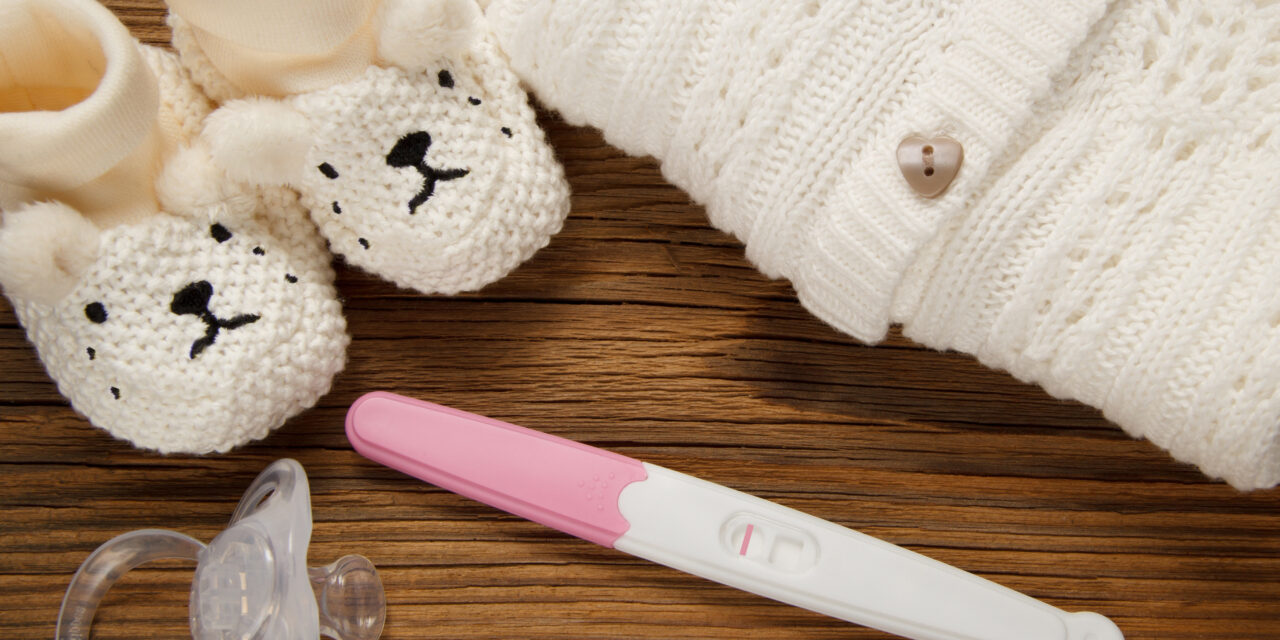Coping with miscarriage is one of the most difficult things that anyone can suffer through. If you find yourself suffering in silence and grappling with emotions that you can’t quite understand, it can seriously impact your emotional and mental health to leave this unchecked. We will outline the most common manifestations of grief after a miscarriage; labeling the feelings you’re experiencing can help you heal in the long term, so we encourage you to reflect on your experiences to begin the healing process.
Denial and Isolation
Your doctor confirming your miscarriage is the most painful thing you can hear. Whether you’ve been pregnant for months or weeks, this news will always be traumatic. You might be shocked and confused, especially if you didn’t see any signs; you might research miscarriage symptoms you failed to see during your pregnancy.
It’s common to seek isolation from everyone during this challenging time. You might hate hearing from friends and loved ones and just want to curl up in your bed and be alone. Social interaction may be too much for you while suffering through this.
Anger
If you’ve recently suffered a miscarriage, you may look for someone to blame; this could be your partner, the medical clinic, or even yourself for “not doing your best” while you were pregnant. You may even feel angry with friends and family who try to help you.
Your anger is valid, but it’s because you’re mourning; it should not be directed at blameless people who are grieving with you. Blaming yourself or others is not a productive way to manage these emotions.
Bargaining
If you’re religious, you might bargain with a higher power, promising to do good deeds if you get pregnant again quickly. This can also manifest in researching how to prevent miscarriages or promising to avoid certain foods to have a “perfect pregnancy” in the future.
Depression
Thoughts of not becoming pregnant again are very common in people who experience miscarriages. You may convince yourself that you’re not worthy of having children or you’re not meant to be a parent. Seeing babies or pregnant women may give you anxiety. You may not be comfortable going to baby showers or visiting newborns. You may even feel afraid of getting pregnant again because you fear miscarrying.
Acceptance
The pain of your miscarriage will diminish over time, and there will be a point when it becomes easier to deal with. The feeling of loss and sadness will always be there, but it won’t be as crushing as before. It may be comforting to know that most people who suffer through miscarriages are able to get pregnant again within a year if they choose to.
















